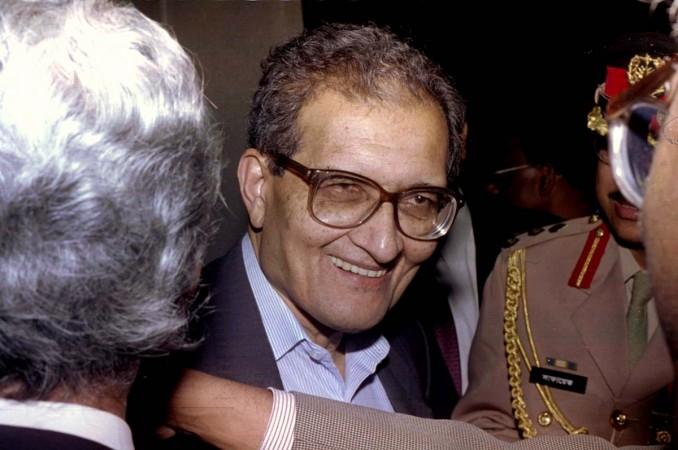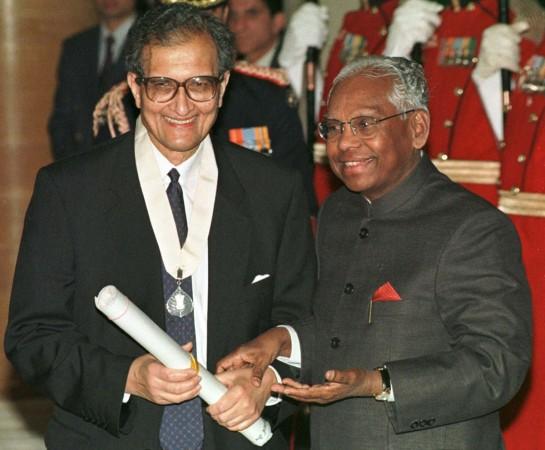The inaugural Charleston-EFG John Maynard Keynes Prize has been awarded to noted economist and Nobel laureate Dr Amartya Sen.
"In the spirit of John Maynard Keynes' work, life and legacy, this new global prize recognises Professor Sen's outstanding contribution to society," read a statement released on Monday.

On being told about it, Sen said: "I feel deeply honoured by the news of this award. The world in which we live today has been made much more secure by the economic wisdom that Keynes brought to us during the dark days of the Great Depression."
The chair of the advisory panel, Dame Liz Forgan made the announcement at the Royal Academy on Monday night.
"The aim of this prize is to honour individuals from around the world who continue to embody Keynes' extraordinary attributes. The remarkable Amartya Sen couldn't be a more worthy winner in this inaugural year. Philosopher, economist, teacher, moralist, his tireless commitment to the cause of ending inequality and deprivation by bringing a penetrating intelligence to bear on their causes is truly exceptional. On behalf of my fellow judges I would like to congratulate Professor Sen on his outstanding achievements," said Forgan.
Dr Sen will receive ₤7,500 to commission a work of art and will give the annual Charleston-EFG Keynes Lecture at the Charleston Festival to be held in the UK on 23 May, on 'The Economic Consequences of Austerity', according to the The Hindu.
Dr Sen, who is also the recipient of India's highest civilian award 'Bharat Ratna', is considered a highly-influential economist and thinker, and whose contribution to welfare economics is recognised globally. His understanding and writing on the subject of famine, poverty, social choice have redefined the way governments approach poverty-eradication programmes.
The 81-year economist is currently the Professor of Economics and Philosophy at Harvard University and has also taught at the London School of Economics and was Master of Trinity College, Cambridge until 2004.
His works and writings have attracted significant interest, with translations in more than 30 languages.

















